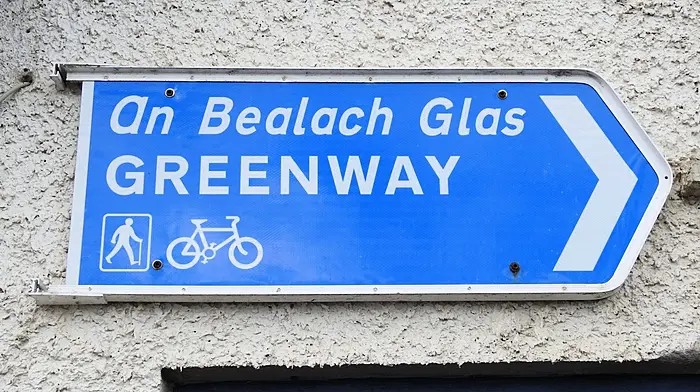As we reach the half-way point of 2018, pitches are already being made thick and fast to Minister for Finance and Public Expenditure Paschal Donohue for some of the €3.4bn extra available for Budget 2019
AS we reach the half-way point of 2018, pitches are already being made thick and fast to Minister for Finance and Public Expenditure Paschal Donohue for some of the €3.4bn extra available for Budget 2019, which will be announced on October 9th next. However, it has emerged from the Summer Economic Statement that €2.6bn of that is already committed, mainly for capital spending, so there is only about €0.8bn available to play with, which will hardly make for a giveaway pre-election budget.
Representatives of the Economic & Social Research Institute (ESRI) appeared before the Oireachtas Committee on Budgetary Oversight last week and their mantra was for prudence to be exercised by balancing the need for public investment, combined with ongoing pressures for increased current expenditure in the areas of health and housing, with the necessity to avoiding over-heating in the economy
With the scale of spending demands, any personal tax package to reduce the burden for lower-paid people should, ideally, be balanced by increases for higher income earners as the ESRI maintains that there is little or no scope for cutting the overall taxation burden as that would stimulate the economy further. Its phenomenal growth trajectory continues with forecasts in the Institute’s latest quarterly economic commentary estimating that GDP will grow by 4.7% in 2018, followed by 3.9% growth in 2019. Unemployment is expected to decline to 5.6% in 2018 and 5% in 2019.
While more jobs are welcome and most of the jobs lost in the economic crash of 10 years ago have been restored in one form or another, a lot of them are badly paid and many people who held on to their jobs are being paid less now than they were a decade ago, which is not sustainable in the longer term, especially if people cannot afford to put a roof over their heads.
The ESRI pointed out another area where spending pressures are building, namely, climate change in the context of its most recent assessment that Ireland will miss its carbon emissions reduction targets for 2020 and meeting the 2030 targets will be challenging. Costs will arise if we miss targets, for example through the need to purchase carbon credits.
Legally and morally, we should be redoubling our efforts to meet targets as partners in the global effort to reduce greenhouse gas emissions. As per the National Development Plan, public investment in climate action will still be needed in a mix of policies, including tax instruments and promoting behavioural change.
Getting back to more immediate and pressing concerns, Fianna Fail’s spokesman on finance, Michael McGrath, commenting on the Summer Economic Statement, emphasised that ‘the foundation stone of Budget 2019 must involve practical measures to tackle the acute crises the government has allowed to develop in housing and in parts of our health service.’ He also endorsed the setting up of the so-called rainy day fund suggested in the wake of his party’s mishandling of the economy which burst the bubble created during the boom years.
However, Sinn Féin’s Jonathan O’Brien wants that money spent on housing and health and not put into what he described as ‘an ill-defined contingency-reserve fund.’ He pointed out the folly of Fine Gael’s now forgotten promise to abolish the USC and accused Fianna Fáil of wanting to return to the McCreevy economics of old by cutting the tax base.
On balance, however, a rainy day fund needs to be in place, but Mr O’Brien is right about it being ill-defined and its raison d’être needs to be clearly set out in order to avoid it being abused in the future. There are so many external factors outside of our control that could damage our economic wellbeing – including the trade wars being initiated by US President Donald Trump and the increasingly-real possibility that Britain might leave the European Union without an agreed exit deal – therefore a safety net would not go astray, as there will inevitably be a financial shock to cope with in the future.
We can only control those things that are within our power to do so and Budget 2019 is one through which a difference can be made. The main thing is to avoid repeating the mistakes of the past, which we are still paying for – and will be for many years to come.
Most members of the public would prefer money to be put into improving public services rather than being given a measly tax cut that would hardly buy an extra cup of coffee in the week.








